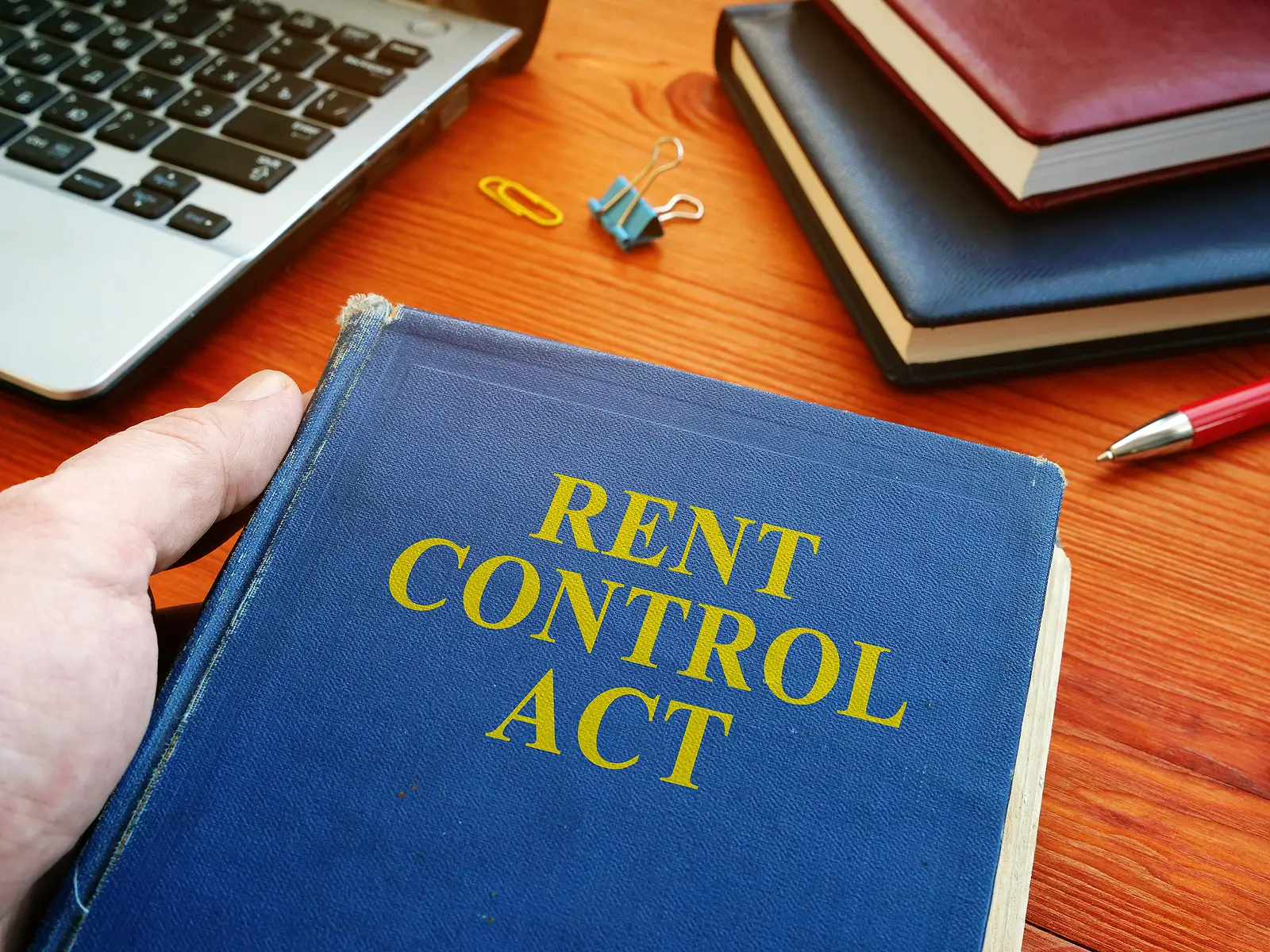The housing market in Bend, Oregon, is changing quickly. Rising rents and growing housing demand make rent control laws a key issue for Oregon landlords. Understanding how these laws affect Bend landlords will help you protect your investment and manage your rental properties well.
Let’s look at what rent control means for landlords in Bend and how it might affect your business.
Key Highlights
- Oregon’s statewide rent control law limits annual rent increases to 7% plus inflation (measured by the consumer price index).
- Bend landlords must follow local ordinances and state laws regarding rent.
- Rent stabilization means landlords have less leverage to freely raise rent.
- Some properties, including certain exempt rentals, are not covered by rent control laws.
- Knowing the rules and providing good service to tenants helps landlords succeed.
What Are Rent Control Laws and Why They Matter in Oregon
Rent control laws set limits on how much landlords can increase rent each year. The goal is to maintain affordable housing options for Oregon renters and slow the pace of rising rents. This is critical in markets like Bend, where housing supply is tight and the housing crisis impacts residents.
Oregon was the first state to implement statewide rent control in 2019. This new law restricts maximum annual rent increases to 7% plus inflation, tracked by the consumer price index. Because of this, landlords must keep rent increases reasonable and predictable. The statewide rent control applies to most rental properties, including houses, apartments, and other rentals.
For Oregon landlords, staying up to date on these state laws and local ordinances is critical for managing leases and avoiding violations.
How Rent Control Laws Affect Bend, OR Landlords
If you rent out property in Bend, rent control changes how you manage your rentals. Here are some important ways it affects landlords:
Limits on Raising Rent
Landlords cannot raise rent above the maximum annual rent increase set by Oregon law. This puts a cap on how much landlords can raise rent each year and ensures tenants face annual rent increases that are fair and tied to inflation.
This affects landlords’ ability to cover rising property taxes, repairs, and maintenance costs. Budgeting becomes essential as rent hikes are limited.
Less Flexibility When Setting Rent
Rent stabilization means landlords have less leverage in adjusting rents based on market demand or tenant income. This encourages landlords to focus on keeping tenants satisfied and reducing turnover rather than relying on frequent rent increases.
Proper Notice and Legal Compliance
Oregon law requires landlords to give proper notice to tenants before any rent increase or lease renewal. If landlords fail to follow these rules, tenants can seek remedies through the Oregon office that oversees landlord-tenant disputes or by filing in small claims court.
Impact on Housing Supply and Investments
Some worry that rent control discourages landlords and developers from investing in new housing or maintaining existing properties, potentially worsening the housing crisis and limiting the housing supply. Government and housing advocates continue to monitor this.
Tenant Protections You Should Know
Beyond rent limits, Oregon’s rent control laws include specific tenant protections such as limits on eviction and rules for renewing leases. These help protect renters in Bend and statewide.
Landlords must follow state law and local ordinances carefully. Failure to comply can result in legal challenges and penalties.
Local Rules vs. State Laws: What Landlords Should Watch For
While the statewide rent control law sets the baseline, some cities like Portland or Bend have additional local ordinances that may add stricter rules on rent increases, eviction procedures, or tenant notifications.
For landlords, knowing both state laws and local ordinances ensures compliance and protects you from costly legal issues.
The Money Side of Rent Control: What It Means for Landlords
Landlords face growing expenses every year, including rising property taxes, maintenance, and repairs. Inflation drives many of these costs higher, making it challenging to manage rental income under the rent control laws.
Oregon’s law limits annual rent hikes to 7% plus inflation, which is tracked by the consumer price index. This keeps median rents stable for tenants but means landlords must budget carefully to cover costs without relying on large rent increases.
To manage effectively, landlords should:
- Track rising expenses like property taxes, maintenance, and repairs
- Budget carefully to ensure rental income covers costs
- Maintain properties well to avoid expensive fixes
- Communicate openly with tenants to reduce vacancy and turnover
- Consider professional advice that can provide legal advice for complex rent and lease issues
Tips for Bend Landlords Under Rent Control
Here are some easy steps to help landlords in Bend:
- Stay updated on state law and local ordinance changes
- Always provide proper notice before increasing rent or renewing leases
- Build strong tenant relationships to encourage longer tenancies
- Keep detailed records of repairs, maintenance, and communications
- Seek legal or property management help when needed
Stay Ahead of Rent Control and Secure Your Rental Success
Rent control laws are reshaping the rental market in Bend. These laws limit how much rent can increase and add new rules to protect tenants. While this helps keep housing affordable, it also means landlords must adjust how they manage their properties.
Managing rentals under rent control requires careful budgeting. Landlords must cover rising expenses such as repairs and property taxes without relying on large rent hikes. Building trust with tenants and focusing on long-term tenancy can reduce turnover and vacancies, saving money over time.
If you want professional support to handle rent control rules and keep your rentals profitable, PMI Central Oregon is here to help. Our experienced team understands the local market and the laws that affect landlords.
Contact us today to learn how we can simplify managing your Bend rental properties and help you succeed.
FAQ
1. Can landlords pass on increased property taxes to tenants under rent control?
Generally, rent control limits how much rent can be raised regardless of property tax increases. Landlords cannot simply pass on higher property taxes as extra rent unless the allowed increase includes inflation adjustments. Always check specific local rules for exceptions.
2. How often can landlords review and adjust rent under Oregon’s rent control law?
Landlords can adjust rent only once every 12 months for a tenant. This ensures tenants have stable and predictable housing costs throughout their lease year.
3. What happens if a landlord raises rent above the allowed limit?
If rent is raised above the legal limit, tenants can file complaints with the Oregon office or take the case to small claims court. Landlords may face penalties and could be required to refund tenants the amount overcharged.


